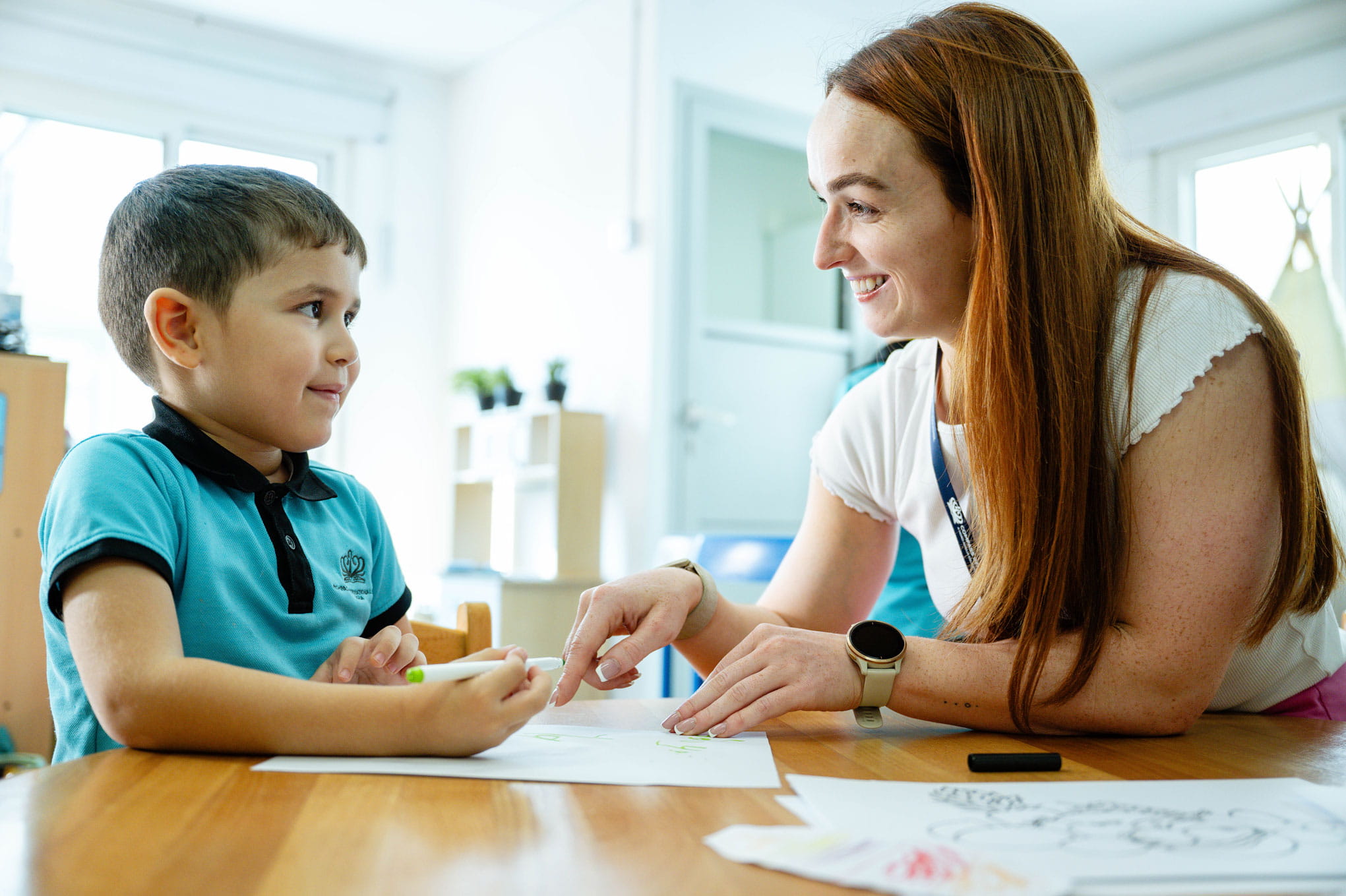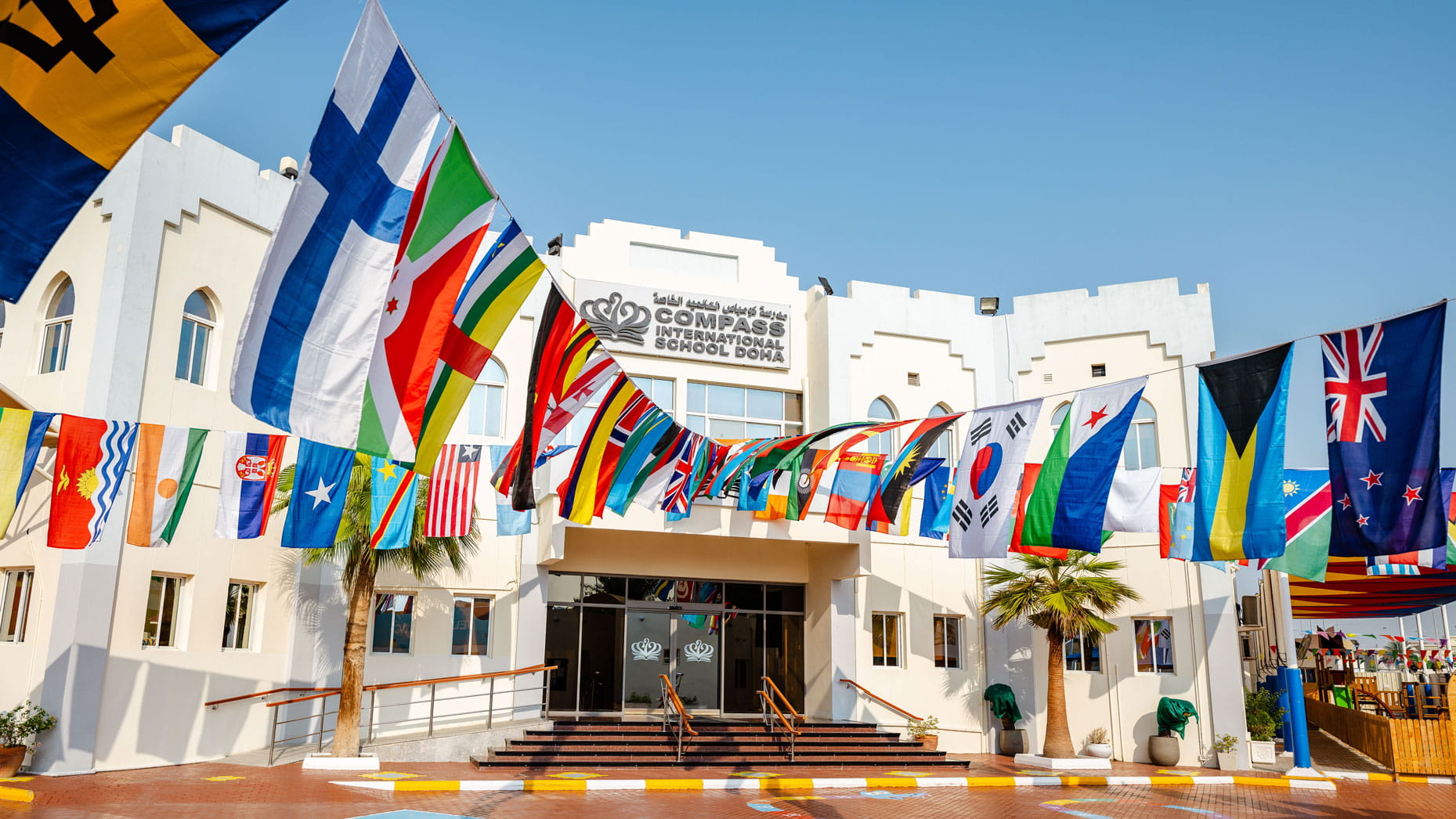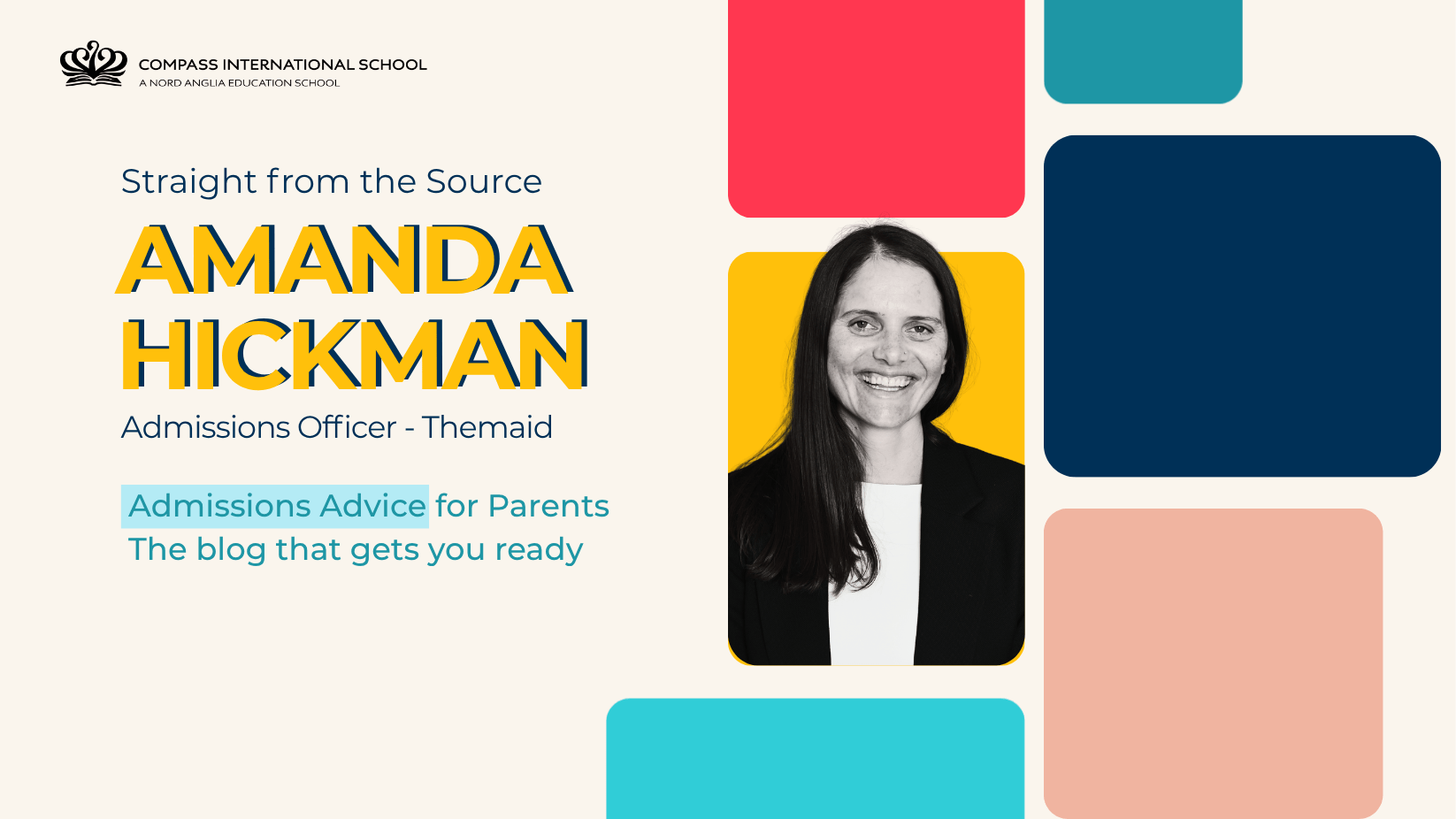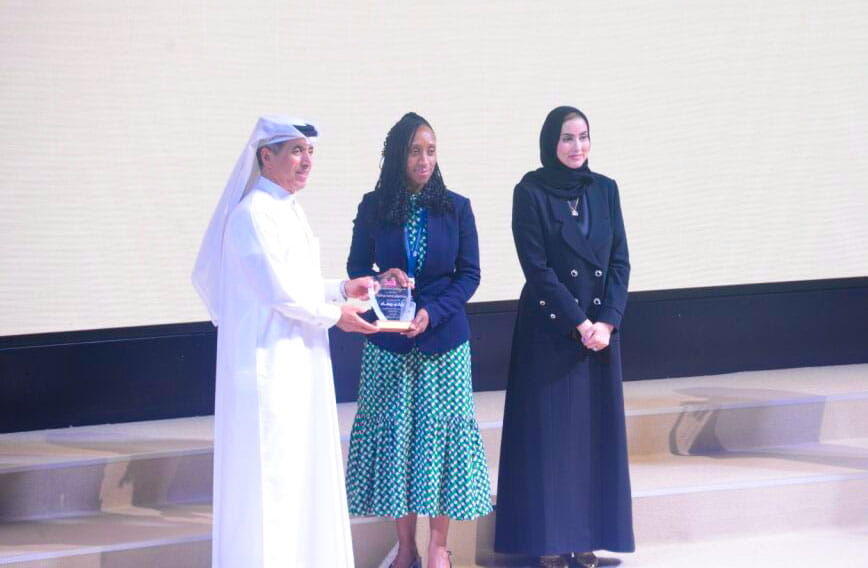Play to Learn: Learn to Play
For many parents one of the scariest and hardest decisions they must make is how and where to educate their child. Do you opt for a small group within a nursery setting or is a school Early Years class better? What curriculum should you choose – international, British or American? What is the right age for a child to start school?
As a parent myself, I remember feeling apprehensive before handing over my own boys and hoping I had made the right decision for them (the last four years have proved that we did make the right choices). Amongst all these questions there was one thing I was absolutely certain of – that their early education needed to be play-based and child-led.
Research and personal experience prove that the ‘right’ experience is vital. The Early Years Foundation Stage is a curriculum built on the principles of play-based learning. Its core holds the principle that each child is unique. At the end of a child’s early years education teachers in the UK are required to report to parents, not only on the seven areas of learning but on the child’s ‘characteristics of effective learning.’ These are the skills which underpin everything we do within good early years practice – Critical Thinking, Active Learning and Play and Exploration.
Adults often think of ‘play’ as being trivial and unimportant in the real world, and certainly not something which we need to engage in as grown-ups. However, scientists often use the same skills that children develop when they are playing. While playing, children are testing out their ideas, often repeating their actions time and again as they work out what objects can do or the impact of their action. Play allows children to ‘have a go’ and try new things, this is where they learn to take risks, make mistakes and challenge themselves. Play leads to a more confident child as during play they are in control. Our role as adults is to help facilitate learning through play. Role play, either fantasy or based on real-life experiences, allows us to help each child to develop the skills they need to face their fears or manage their emotions when things do not work out exactly as they would like.
Play-based Early Years ensures that teachers can focus on helping children to develop their social reasoning and strategies to help manage their feelings as they negotiate and resolve conflicts with their peers. Lawrence Schweinhart and David Weikart carried out a longitudinal study in the US which revealed that at the age of 23, children who had had a direct instruction-based Early Years curriculum (which may be referred to as adult-led) had a felony arrest rate that was three times higher than their peers who had a less directed Early Years model. They were also 41% more likely to have been treated for an emotional disturbance or impairment during their time in school.
Parents often worry that a play-based curriculum will impact a child’s academic development. However, research tells us that this is not the case. Rebecca Marcon’s research at the University of North Florida, found that by the end of their sixth year in school children whose Early Years education had been child-led had significantly higher grades compared to children who had been in an adult-led, directed Early Years class. She goes on to conclude that children's later school success appears to have been enhanced by more active, child-initiated early learning experiences. Their progress may have been slowed by Early Years experiences that introduced formalised learning experiences too early for most children's developmental status.
From my own experience and observation of Early Years in action, I am confident that in fact, the very best academic learning is developed through the play. I remember one particular group who were playing ‘beauty salons’ in their classroom – this was not something which the teacher had planned but was based on the children’s experiences outside of school and conversations which had taken place at home. The teacher within the class joined in this game and played along, however she also knew the children’s individual abilities and so took the opportunity to develop their academic and mathematical skills. After being treated to a (pretend) wash, cut and colour the teacher asked for her bill. For the child who was just beginning to count, the bill was calculated as ‘three monies’ as there had been three services provided. For another child, the conversation continued, surely a colour would cost more than the cut and wash, so the child worked on addition, calculating the total amount. Yet another child, who was already able to add accurately, presented a bill for 18 Riyals; here the teacher took the chance to work on subtraction by explaining that she only had 20 Riyals and so needed some change. Each of these children moved forward academically during their play and yet I am sure when they went home and were asked by their parents “What did you do in school today?” the answer was probably, “I played beauty salons” when in reality they did maths, extended their communication and language skills and developed their social skills.
Written by Hannah Sanders
Early Years 1 Teacher and English Leader








